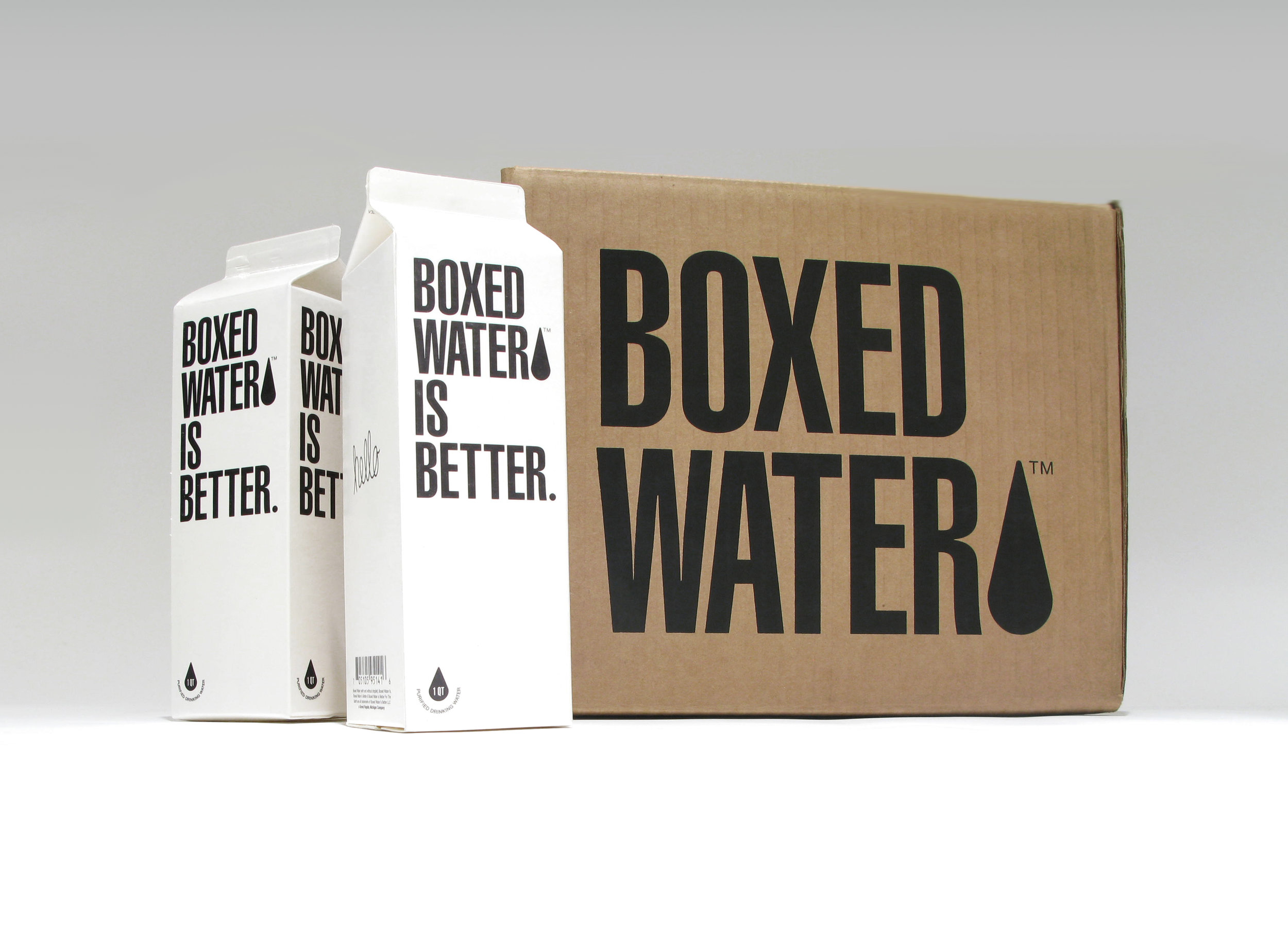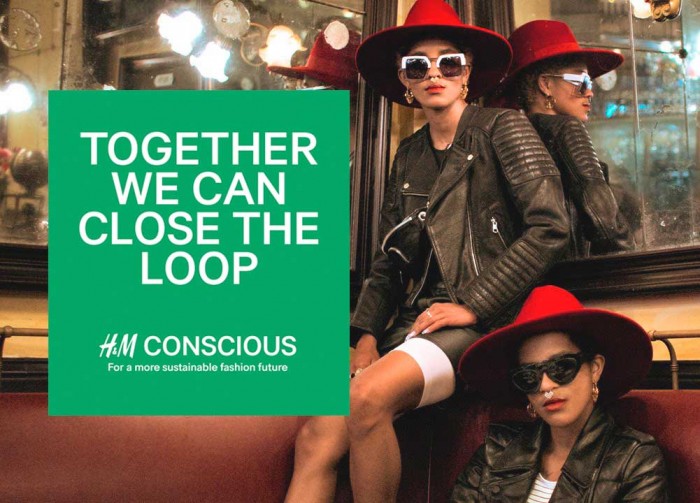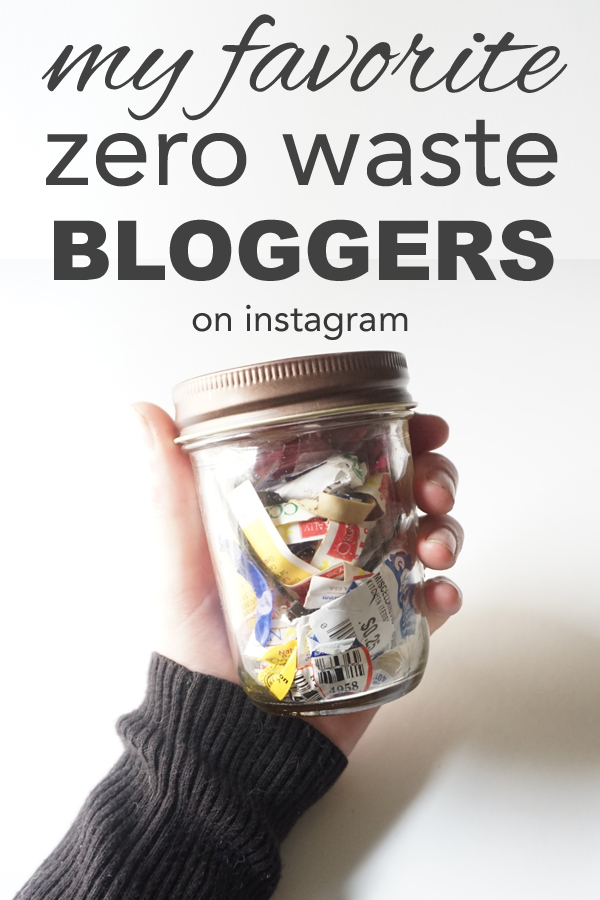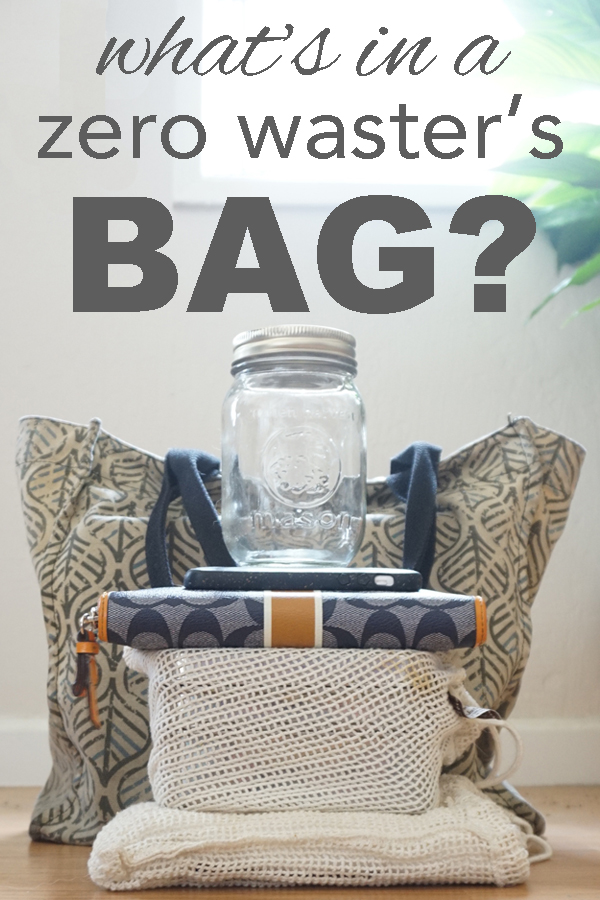We've talked a lot about greenwashing on this blog, but we haven't fully delved into what it is and how to avoid it.
what is greenwashing?
Greenwashing is when a product or business says they're green or eco-friendly, but they spend more resources on making sure you know that, rather than actually implementing this into their business practices.
For example, a grocery store runs a huge campaign about how green they are because they recycle plastic bags. When in reality, the best thing the grocery store could do is stop offering plastic bags in the first place.
Or they could spend all of those resources on a campaign to incentivize bringing your own bag like a .05 cent discount on your purchase.
It all boils down to profit. It's typically a company or a business making a claim in order to sell more products.
For example, a streaming service announces that it's now partially powered by renewable energy. That's great! Now you feel better about using their services.
What they don't tell you is that, it's only 3% of their servers are running on renewable energy. It's basically a bait and switch, but we'll get to that in the next header.
why is greenwashing a problem?
Greenwashing is hiding a larger problem. At it's best it's a marketing ploy and at it's worst it actually incentivizes something that hurts the environment.
Like the grocery bag example. By running a huge campaign about recycling plastic bags, this will encourage more people to take plastic bags. They think by taking more plastic bags and recycling them, they're doing the right thing - the "green" thing.
In reality, they're encouraging a non-eco-friendly habit.
As the eco-friendly/natural/green movement etc. grows the more marketers are going to use it to their advantage. Their main goal is to sell more products. If they can sell more products by being "green," then so be it.
A more extreme version is an oil company saying they want to branch out into renewable energy sources. You can help them transition to cleaner energy if you buy their oil. All the while they're lobbying for big oil and funding pseudo-science to inform the public there's nothing wrong with oil.
how can you tell?
1. Do you see an awesome green claim? Double check it. Go to their website. Is there a lot of information? Or do you see a lot of ambiguity? If it's really vague and unspecific - it's greenwashing.
2. Is the ad diverting you from the big picture? Sure BP helped clean up cuddly little ducks. It pulled on your heart strings. How adorable! But, if it weren't for gross negligence on their part, those little ducks wouldn't have been covered in oil in the first place. That's greenwashing.
3. Are the words misleading? Are they saying a whole bunch of nothing? Is there any substantial information? Are their sources for their claims like actual certifications or provable facts?
4. What about the graphics? Are the graphics all green? Do they depict beautiful nature scenes? Are they trying to make you feel like the product is natural when it might be anything but?
5. Does the claim feel too good to be true? Are they overstating intention? Do you really think the company can follow through with their claims?
6. What's your gut reaction? I'm pretty sure we all know not to take advertisements at face value. There's always an ulterior motive to get to your pocket book. Trust yourself.
7. When in doubt google it. The great thing about the internet is the history is all there.
the test:
I'm going to show you a couple of ads below and tell me how you feel about them. I'll discuss what's wrong with each of them below.
First off, pure and natural mean absolutely nothing. The package is green which makes you feel like this is a natural setting. They use the word organic cotton, but there's no organic symbol. Therefore organic means absolutely nothing.
If you actually google this brand of diapers you'll find out the uncertified organic cotton is only used in a small amount on the outside of the diaper. You don't know what type of inks they're using, and they're still bleached with chlorine. They're definitely landfill trash too; they aren't compostable.
They have misleading claims about how big of a problem diapers are in landfills on their website. All in all, that doesn't sound very natural to me.
Seriously. 20 MPG highway is terrible. This thing is totally thirsty for gas. The only way this ad could be better is if the whole thing were green.
One of my favorite examples of greenwashing. It's so hip and so chic. A lot of white space very modern minimal design to appeal to do-gooder hipsters.
It's begging the question, is boxed water really better? No. It's not. It's still a disposable item and it's even less recyclable (if possible) than bottled water.
Plus the box is still lined with plastic. It's a tetra pak and unrecyclable in most municipalities. Greenwashing at it's finest folks.
According to the tetra pak website 58% of US households have access to tetra pak recycling. But, I just typed in almost every city I've lived in in the past 10 years and couldn't recycle tetra paks in a single one. Including my current bay area town.
58% don't believe it.
This is just hilarious. They made a new cap with less plastic to benefit the environment.... riiiiggghhhttttt.......
H&M responsible for pushing fast fashion and engineering 52 micro-seasons that make you feel completely out of fashion the moment after you wear something. They're now taking back your old textiles and will give you a coupon to buy more clothes.
By the way, most of those clothes aren't actually going to be recycled but put off onto third world countries where the problem will be exacerbated since they don't have the proper form of infrastructure for dealing with toxic waste. You can read more about this on my post about fast fashion here
It's infuriating how greenwashed the campaign is. Never once taking ownership over the problem they created, but rather took the problem and turned it into an opportunity to sell more clothes.
Do you have any favorite greenwashed campaigns? What are some of your tips for avoiding greenwashing?
















